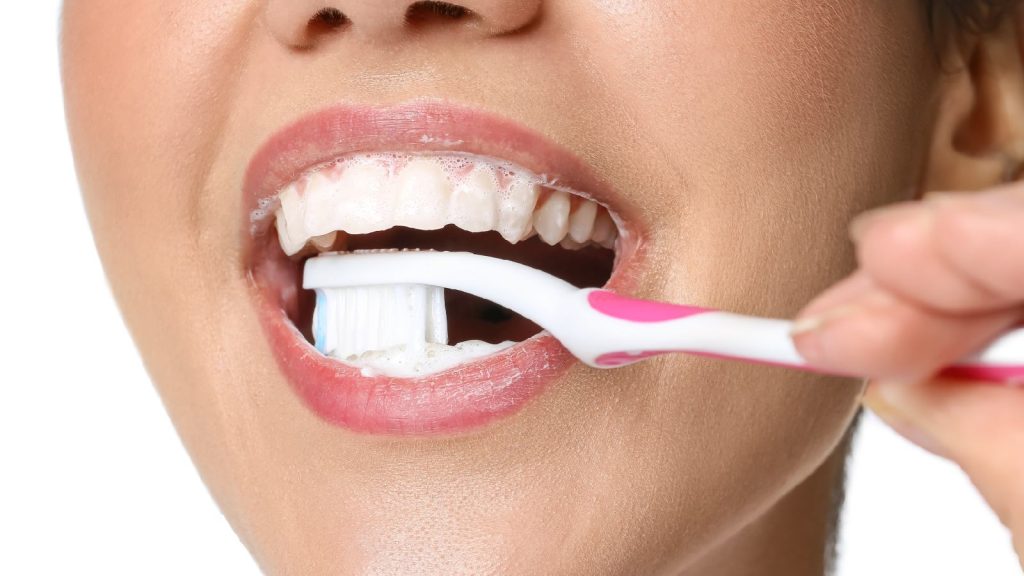
Welcome to the ultimate guide on top dental care tips, specifically tailored for dentists. Whether you are a seasoned practitioner or new to the field, optimum patient care is always the priority. This guide will provide you with valuable insights and practical advice to enhance your practice and ensure patient satisfaction.
Today’s dental professionals face numerous challenges including staying updated with the latest techniques, technologies, and ensuring high-quality patient engagement. In this blog post, we delve into five crucial aspects of dental care that can help dentists optimize their practices and provide exemplary service to their patients.
Contents
Dental Sedation Techniques
One pivotal area in pediatric dentistry involves managing young patients’ anxiety during dental procedures. Using safe and effective sedation techniques can enhance patient compliance and comfort. Incorporating methods like Gentle Pediatric Sedation in Boca Raton allows dentists to perform various treatments painlessly and efficiently, making the dental experience less intimidating for children. It is essential for dentists to stay informed about the latest advancements in sedation to improve their practice.
Continuous education on sedation options and their appropriate usage is crucial. Dentists should ensure that the entire dental team is well-trained in administering sedatives, monitoring patients, and handling emergencies effectively. Offering a variety of sedation types tailored to patient needs demonstrates a commitment to personalized care.
Advanced Dental Technology
Integrating advanced technology into your dental practice isn’t just about staying current with trends—it’s about improving precision and outcomes. Technologies such as digital X-rays, 3D imaging, laser dentistry, and CAD/CAM solutions facilitate more accurate diagnoses and better patient care. For instance, digital impressions are faster and more comfortable for the patient than traditional methods.
Incorporating these technologies not only enhances clinical outcomes but also boosts efficiency and patient satisfaction. Keeping abreast of technological innovations through continuous learning and training sessions can significantly benefit your practice’s reputation as a cutting-edge facility.
Preventive Dentistry Focus
Focusing on preventive measures is fundamental in any dental practice. Educating patients about the importance of regular dental check-ups and proper oral hygiene can drastically reduce the prevalence of oral diseases. Dentists should emphasize routine screenings during visits and offer educational resources about brushing, flossing, and healthy diet choices.
This proactive approach not only preserves patients’ oral health but also fosters a stronger doctor-patient relationship by demonstrating care beyond treatment procedures. Organizing workshops or community outreach programs on oral health can further enhance public engagement and promote preventive practices.
Patient Communication Strategies
Effective communication is essential in the dentist-patient relationship. Clear discussion of treatment options, risks, benefits, and allaying fears can help build trust and ease patient anxieties. Dentists should hone their communication skills to articulate complex information in an understandable way, ensuring that patients feel informed and involved in their treatment decisions.
Utilizing tools such as visual aids (e.g., models, diagrams) or digital software that illustrates dental issues and treatments can enhance understanding and engagement during consultations. Regular follow-up calls or messages post-procedures also play a significant role in improving patient satisfaction.
Comprehensive Care Teams
The role of specialized team members within your dental practice cannot be overstated. Having a comprehensive team—including dental hygienists, therapists, and specialists like orthodontists or periodontists—ensures that all aspects of oral health needs are covered under one roof.
This integrated approach not only streamlines treatment processes but also provides a multidisciplinary perspective on patient care which improves treatment planning and outcomes. Regular team meetings to discuss cases can further enhance collaborative care delivery ensuring that each specialty’s insights contribute to holistic patient care.
In conclusion, elevating your dental practice encompasses much more than just acquiring knowledge about the latest procedures or technologies. It requires a dedicated approach to holistic care that includes advanced techniques like sedation, implementing cutting-edge technologies, focusing on preventive care, mastering communication skills, and leveraging a comprehensive care team. Such strategies will inevitably lead to higher levels of patient satisfaction and set your practice apart as a leader in the field of dentistry.
We hope this guide inspires you to implement these tips within your practice settings; here’s to providing exceptional care in your journey ahead!
